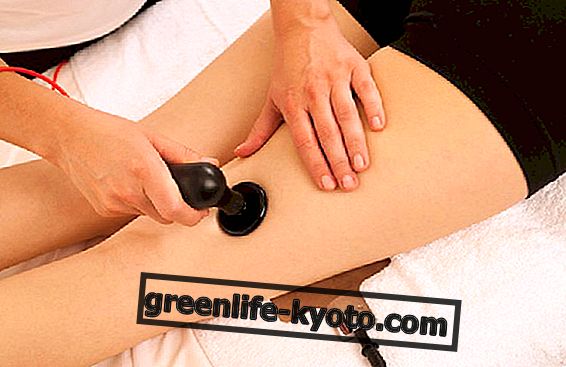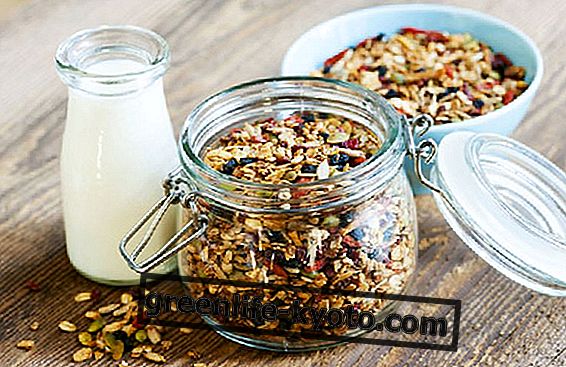
With pregnancy we find ourselves with a physique and an organism that change from day to day: the diet often has to be modified, some smells and tastes annoy, the appetite varies, in some cases it increases excessively, in others it disappears.
Consequently, the gastrointestinal tract also adapts and the intestine in particular risks modifying its rhythms .
A remedy that can be taken even in such a delicate period as pregnancy are lactic ferments and probiotics.
There are different types and if taken regularly they strengthen the immune system, help the intestinal microflora to work well, purifying the organism, improving its absorption, and can help prevent nasty genital tract infections such as vaginitis and cystitis .
What ferments and when to hire them?
- Lactobacillus Casei Shirota : a specific aid for the intestinal immune system . Eliminates the catabolites of digestion, disinfects the colon, useful in cases of constipation or acute diarrhea.
- Lactobacillus rhamnosus GG : counteracts rotavirus infections that cause gastroenteritis and atopic dermatitis
- Lactobacillus Reuterii : a specific remedy in case of viral dysentery, and also for gaseous colic in the newborn
- Lactobacillus Casei infantis : in the case of constipation, specifically indicated for children.
- Lactobacillus Acidophilus : produces lactic acid and the enzyme lactase, in this way promotes digestion
- Bifidobacterium Bifidum : a support in the production of folic acid and in the synthesis of B vitamins, fundamental for the pregnant woman and for the health of the fetus.
How to take lactic ferments in pregnancy
On the market there are foods such as yoghurts enriched with live lactic ferments, which can be taken daily by pregnant women without any problem, at breakfast and as a snack for a snack. They help to maintain intestinal regularity and strengthen the bacterial flora.
For specific yeasts and probiotics, it is possible to use those in single-use vials that are found in pharmacies, which are generally formulated to be taken once a day between meals. In addition to being good for the mother, they are good for the unborn, preventing forms of eczema and possible allergies.
Attention to storage : must be kept at low temperatures, then in the refrigerator . Always check that the cold chain has been respected to ensure that the ferments remain unchanged and above all alive.













